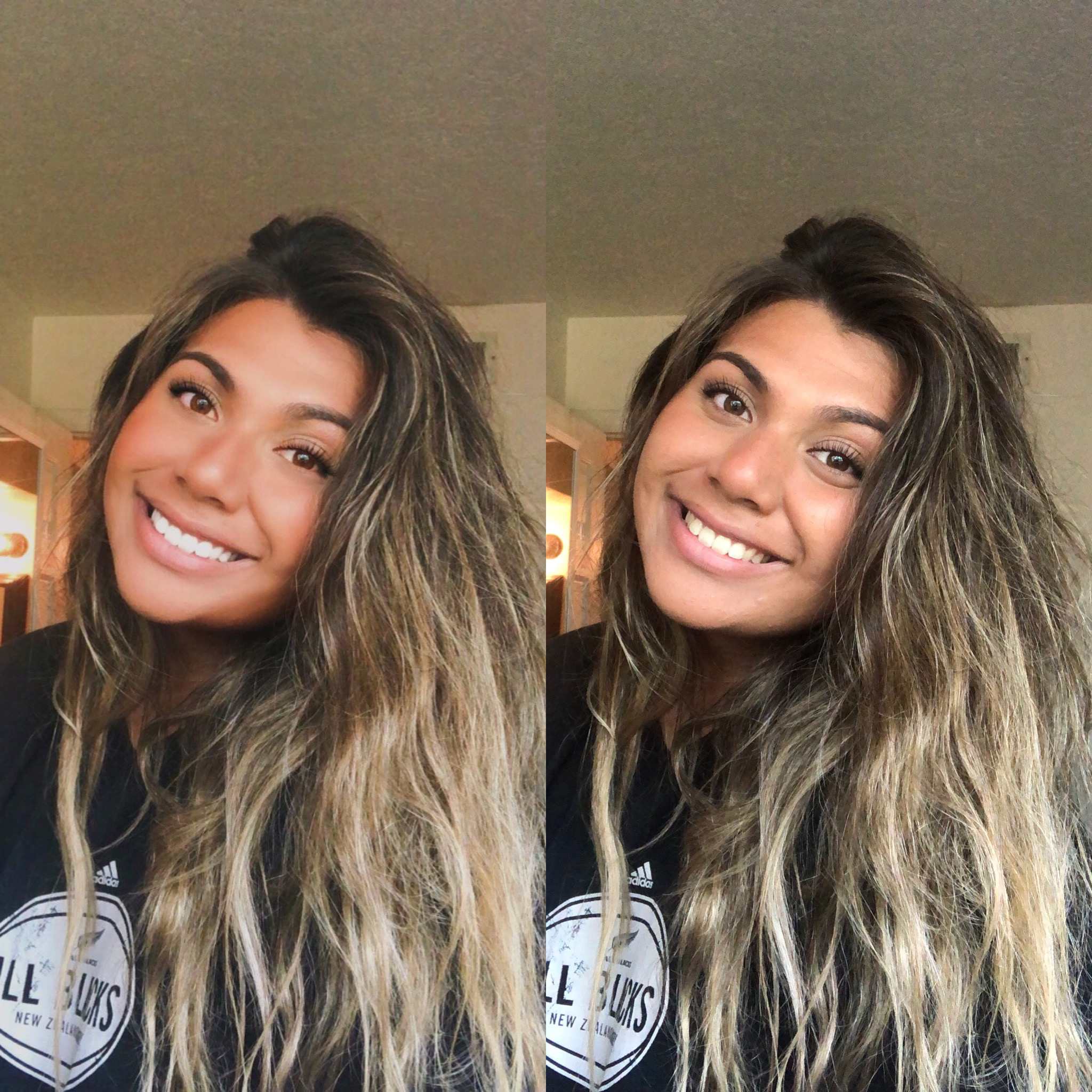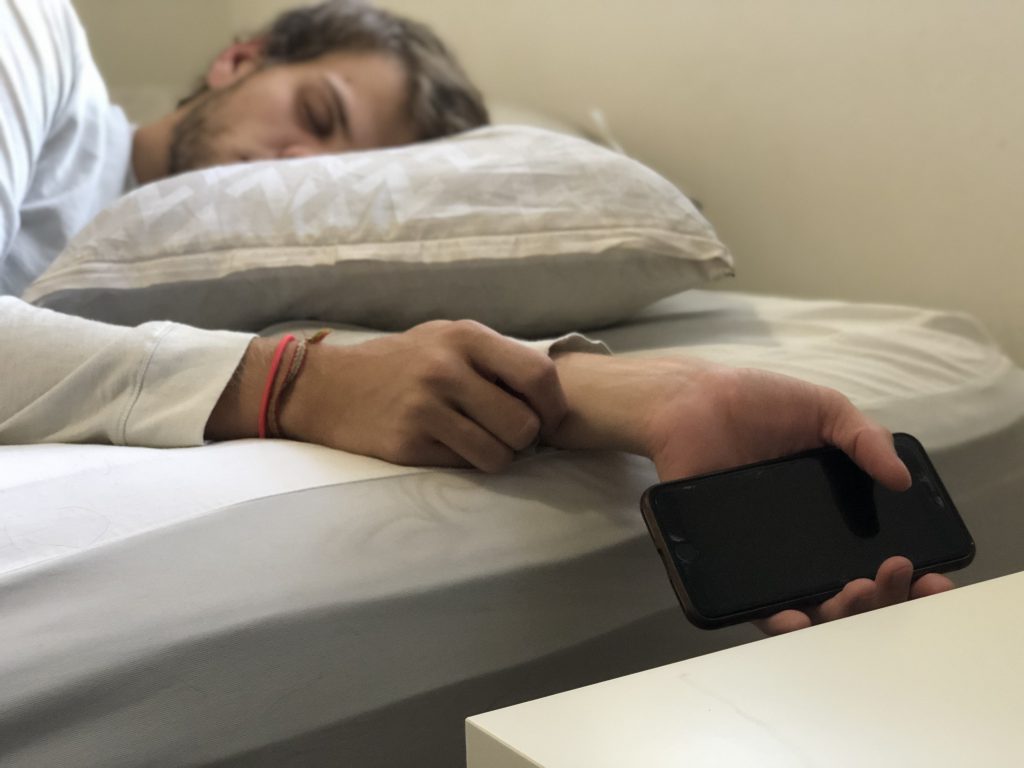Stop allowing social media’s impossible beauty standards make you question your natural beauty.
We all know the saying “beauty is in the eye of the beholder,” but what if the beholder’s perception of beauty is completely botched? You know what I’m talking about; we see it every day in our Instagram feeds. The numerous posts with slim waists, big hair, pouty lips, chiseled jawlines, white teeth, and perfect bodies, and you can’t help but compare yourself to it.
Social media has distorted young women’s perceptions of beauty by creating an unrealistic beauty standard we feel we must conform to. We need to end the idea that we have to meet these standards in order to be considered ideal and receive the same amount of attention as influencers and celebrities do, and the idea that every image we see online is realistic.
A study conducted by the Florida House Experience found that 87% of women compare their bodies to the images they view on their everyday social media platforms. Even worse, “50% of women compare their bodies unfavorably.”
How can we possibly feel confident in our own skin when almost every influencer on our feed flaunts their “natural beauty,” which most of the time includes cosmetic surgery or Photoshop? The answer is we can’t.
Young women are resorting to using filters that instantly enhance the way they look on Snapchat and Instagram, as well as photo editing apps such as Facetune, to morph their faces and bodies to appear more like celebrities like Kylie Jenner or Madison Beer on social media.
I get the appeal of wanting to post a picture of yourself that looks attractive and grabs attention, but a picture that has been edited to give you a “snatched” jawline and tighter waist is not a picture of you. It’s simply a picture of what you wish you looked like.
I won’t lie, it still makes me feel beautiful when I use Snapchat or Instagram filters to make my skin smoother and face slimmer. It was easy for me to fall into the trap of retouching my selfies or digitally removing a huge zit, especially when most photo editing apps are free to download and user-friendly; however, we shouldn’t be fooled.
These apps are dangerous; with the tap of a few buttons, we can completely alter the way we look, almost to the point where we don’t recognize our true selves. This can eventually lead to body dysmorphia and depression.
Altering your appearance and posting it online for others to view as something authentic is unethical and does more damage than good. Not only are you hurting the way you see yourself, but you are giving others yet another image to envy.
A CNN report stated, “The problem is, when you alter a photo and the result is a you-but-better-version staring back, you may start to get it in your head that that’s what you should look like.”
Once the filter is gone and we are staring at our real appearance on our screens, not only will we feel disappointed with the way we look, but this can lead to self-loathing or a negative body image.
A BBC article recommended that social media users should change the focus of their feeds and who they follow to create a timeline that is more positive and healthy to view. The article states, “Finding inspiring landscapes, delicious food, and cute dogs to fill your Instagram feed might just help you remember there’s more to life than what you look like.”
To combat unrealistic beauty standards and free ourselves from feeling that we will never be as gorgeous as the faux-beauties on our timelines, we need to carefully reassess what our definition of beauty is and understand that most content we view online is carefully edited and cosmetically built.
Fight the urge to compare yourself to the “perfect” images you see online. They’re not real, but you can be. You’re authentic. You’re genuine. You’re the true “Instagram Baddie.”




